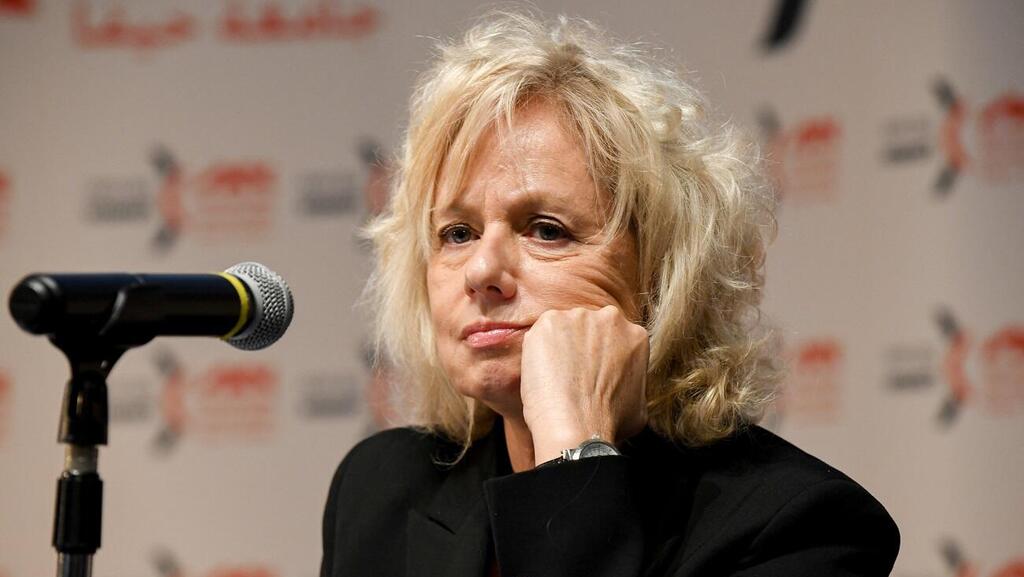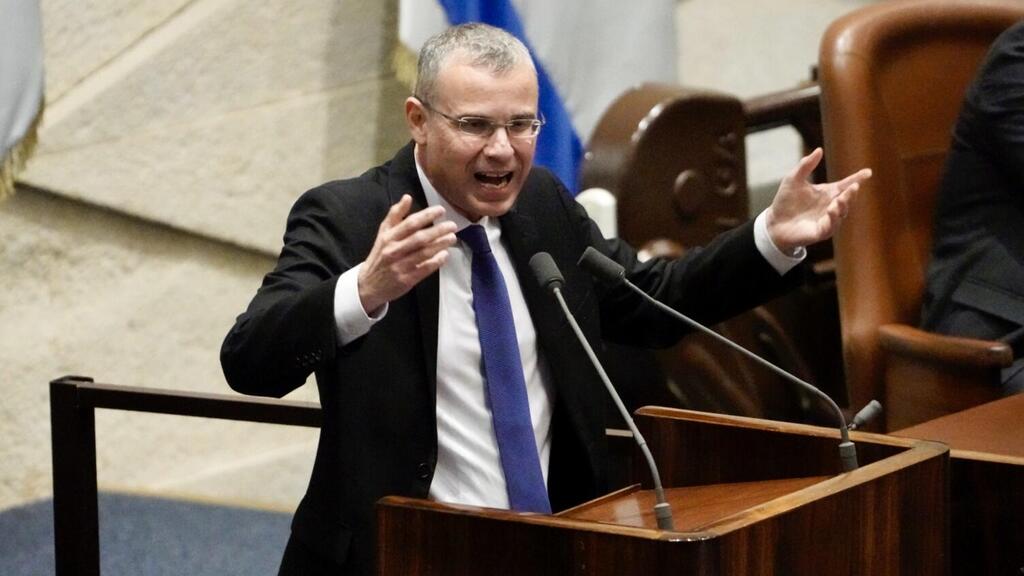Attorney General Gali Baharav-Miara on Thursday submitted her official opinion detailing her opposition to the controversial judicial reform sought by Prime Minister Benjamin Netanyahu and Justice Minister Yariv Levin.
Baharav-Miara had already made her opposition to the planned reform clear in recent weeks, but had not until now submitted a binding legal opinion, in response to the proposed legislation presented by the coalition.
The reform would present significant changes to the separation of powers, autonomy of the judiciary, protection of individual rights, and the rule of law, the AG said.
“Accepting the proposed reform would lead to a structure of government where the legislative and executive branches have almost limitless authority,” Baharav-Miara wrote. “This could lead to abuse of the law in the legislature allowing to bypass judiciary intervention and review, and compromise Israel’s character as a democratic and Jewish state.”
Baharav-Miara warned that the proposals are outside the norms compared to other democracies and could lead to the loss of faith in the judiciary as a professional and apolitical entity.
“No one denies majority rule is important to a democracy,” Baharav-Miara said. “There is also an understanding in such states that the governing authorities cannot be allowed to hold limitless power, allowing them to violate human rights and due process. The proposal does not address these issues.”
“Dramatic changes having to do with the democratic nature of the state need to be made in an orderly and thoughtful manner,” she added. “Changes should only be made based on a firm factual basis and broad consensus.”
The AG's office said Baharav-Miara was asked to present the AGs opinion on the legislation, three days after she met with Levin back in January, and warned that a proper evaluation could not be done properly in such a short time. “The review of the reform was made according to a schedule agreed to with Levin, with difficulty and professionalism,” her office said.
Earlier on Thursday, the AG informed Prime Minister Benjamin Netanyahu that he must not be involved in any way, not directly or through others, in the judicial reforms because of his conflict of interest as a defendant in his corruption trial.
Coalition leaders said they rejected her opinion outright and would continue their legislative push regardless.
In a letter made public, the attorney general wrote: "You must avoid as part of your role as prime minister involvement in initiatives related to the legal system."
Under the proposed reform, a simple Knesset majority of 61 votes would be enough to override any Supreme Court ruling that deems laws passed by the legislature unconstitutional. Furthermore, it would allow government ministers to disregard the legal opinions of counselors.
Amir Fuchs, a senior researcher at the Israel Democracy Institute, a Jerusalem think tank, said Baharav-Miara’s position would not affect the plan’s progress.
He said the attorney general's position is binding, meaning Netanyahu won't be able to deal with the legal changes, and neither will any of his political appointees on his behalf. But ministers in his government should be able to, he said.
The proposed reform encountered fierce resistance from business leaders, top bankers, hi-tech workers, entrepreneurs, and large swaths of the general public, having staged a series of nationwide mass demonstrations against the reform every weekend for over a month.
Critics say the reform would render the system of checks and balances toothless and ineffective, leaving decisions pertaining to sensitive issues such as LGBT and minority rights at the whims of a highly-conservative majority.
Netanyahu has so far continued to press on in passing the reform despite calls by President Isaac Herzog to mediate differences in order to reach a wider consensus in the government and the Israeli public.
The prime minister promised that democracy in Israel will “remain strong” and emphasized that dialogue about the reform should be done alongside its passing in the Knesset.







